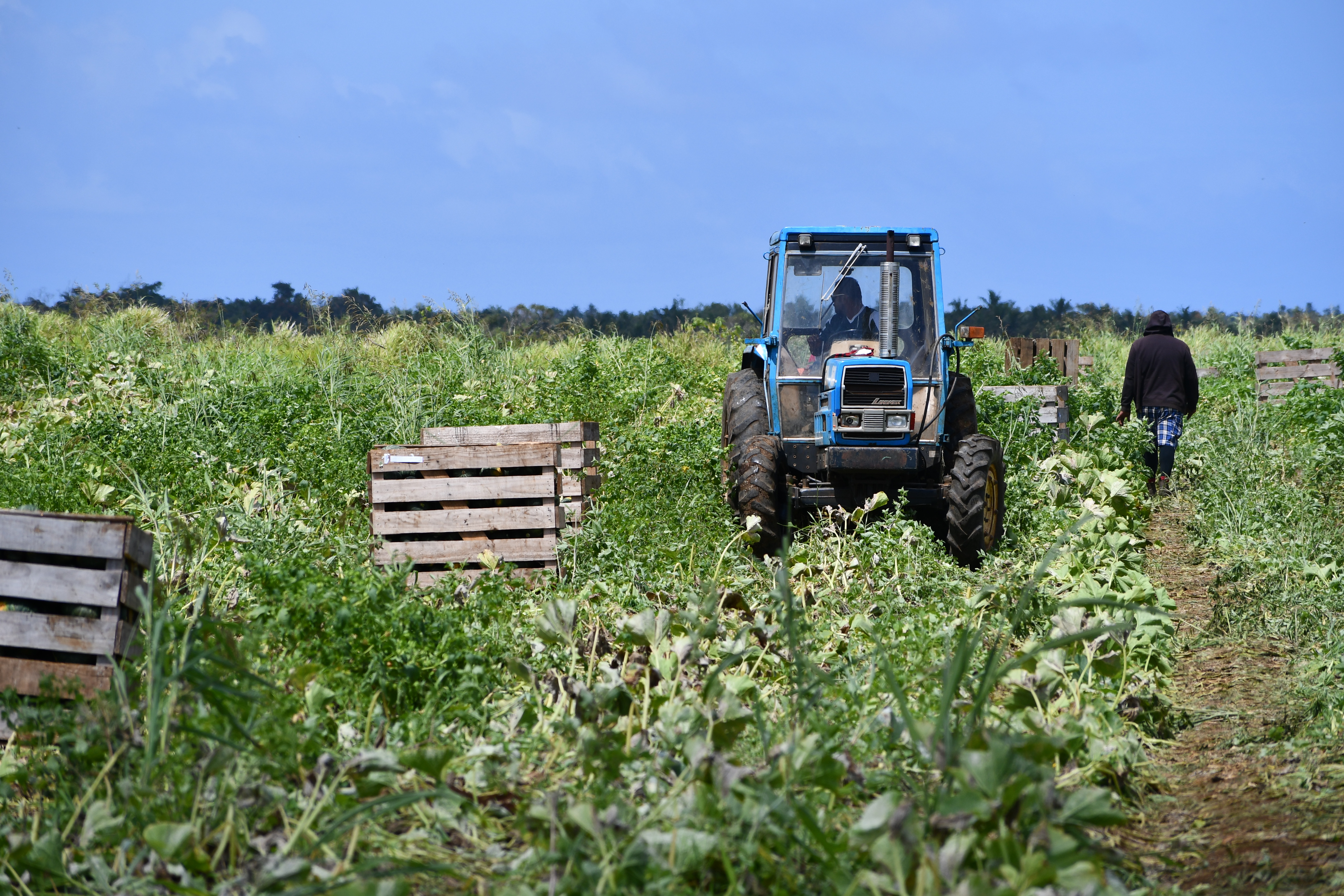
Climate change has far-reaching consequences, and one of its major impacts is the intensification of El Niño events, leading to prolonged and severe periods of drought in the Pacific.
These climate-induced droughts not only diminish the availability of freshwater for consumption but also have detrimental effects on food production and agriculture. Pacific Island Countries (PICs) like Tonga and Kiribati rely heavily on groundwater and rainfall as their primary sources of freshwater, exacerbating the myriad of challenges faced daily.
Droughts caused by the intensification of El-Niño events pose significant challenges to freshwater supply in Tonga. Tonga Meteorology has declared a drought for the islands of Tongatapu and 'Eua, with alerts for Niuafo'ou and Niuatoputapu, and warnings for Ha'apai and Vava'u this month. With limited rainfall, the replenishment of groundwater becomes insufficient, making the overuse of this vital resource unsustainable. As extended and severe droughts become more frequent, water scarcity becomes a pressing concern. This scarcity not only impacts the daily consumption needs of communities but also disrupts food production on farms and aquatic ecosystems' sustenance.
The implications of water scarcity extend to the agricultural sector, where Tongan growers heavily rely on farming for sustenance and economic activity. Droughts hinder crop growth and productivity, causing significant losses in agricultural yields. Insufficient water availability for irrigation exacerbates the situation, making it increasingly challenging for farmers to cultivate their lands. As a result, the food supply chain is disrupted, leading to reduced availability of fresh produce and increased food prices, impacting the overall well-being of the population.
Building water security is critical for protecting crop production in Tonga, particularly with the country on El-Niño alert. The 2022 Hunga Tonga–Hunga Ha’apai eruption also affected clean drinking water supplies and caused water restrictions resulting from volcanic ash.
The Australia and New Zealand-supported Pacific Horticultural and Agricultural Market Access Plus (PHAMA Plus) Program, implemented by DT Global, contributes to inclusive economic growth and improved livelihoods for Pacific people, with an increased emphasis on factors related to environment, climate and resilience.
By working closely with key actors in Tonga’s agri-food systems, PHAMA Plus is supporting measures to mitigate the impacts of climate change-induced droughts. These include promoting water conservation practices, encouraging sustainable agricultural techniques, and exploring alternative water sources such as rainwater harvesting and desalination.
The Australian National University (ANU) is developing ‘thermodiffusive desalination’, a novel desalination technology that has less electric power consumption than conventional methods. Driven by heat in the surrounding environment, thermodiffusive desalination can remove salts from seawater to produce slightly brackish water that is suitable for agriculture. The development of this groundbreaking technology is led by ANU researchers and supported by the Australian Department of Foreign Affairs and Trade (DFAT)’s Science and Technology for Climate Partnerships (SciTech4Climate) program.
PHAMA Plus is working with ANU to pilot the use of solar desalination technologies in Tonga. Desalination technologies include thermodiffusive desalination and solar-powered reverse-osmosis (RO) desalination, with units to be installed with a local partner in Tonga. Thermodiffusive desalination is a membrane-free process that can drop the salinity of seawater to safe levels suitable for agriculture. Solar-powered reverse osmosis (RO) is a super-effective filtering method that uses pressure to push seawater through a special filter, leaving the impurities like salt behind and providing clean, safe water for drinking and other uses.
The project aims to introduce and assess the impact of novel, more scalable, and less expensive desalination methods in the Pacific, using solar power and new applications of thermodiffusion technologies.
Introduction of these innovative technologies not only allows PICs to adapt to drought, but also can also contribute to food and water security. The application of desalinated water is not limited to consumption but can also be used in the production of fresh produce, root crops, and tree crops. Piloting this technology in Tonga will help build a better understanding of the potential of this approach to contribute to more resilient crop production systems, how best to scale-up the technology and how it can be replicated in other PICs facing limited accessibility to freshwater and water scarcity for food production.
For more information, please contact Environment, Climate Change and Resilience, Program Manager – Dr. Rupantri Raju at r.raju@phamaplus.com.au.